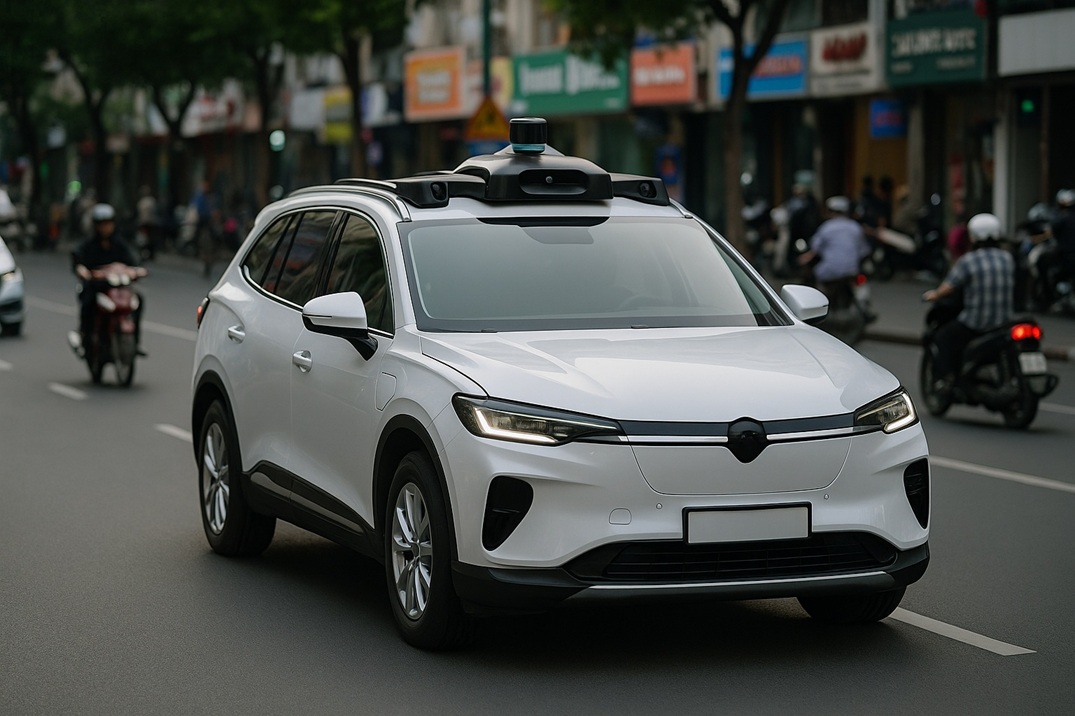
-
Category
- Tất cả (19)
-
 News (4)
News (4)
-
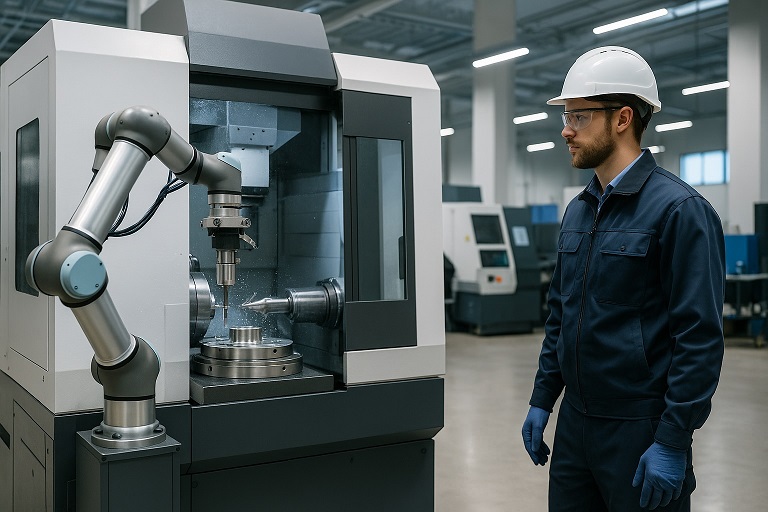 Mechanical & Machinery (4)
Mechanical & Machinery (4)
-
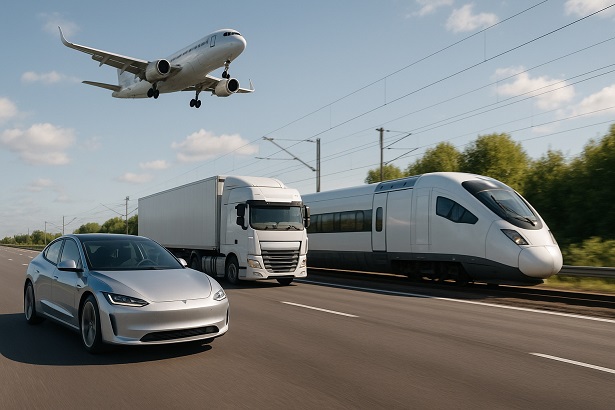 Automotive & Transportation (4)
Automotive & Transportation (4)
-
 Electronics & High-Tech (0)
Electronics & High-Tech (0)
-
 Chemicals & Materials (2)
Chemicals & Materials (2)
-
 Textile & Footwear (2)
Textile & Footwear (2)
-
 Agriculture & Food (0)
Agriculture & Food (0)
-
 Mining & Metallurgy (0)
Mining & Metallurgy (0)
-
 Construction & Building Materials (4)
Construction & Building Materials (4)
-
 Environment & Sustainability (0)
Environment & Sustainability (0)
-
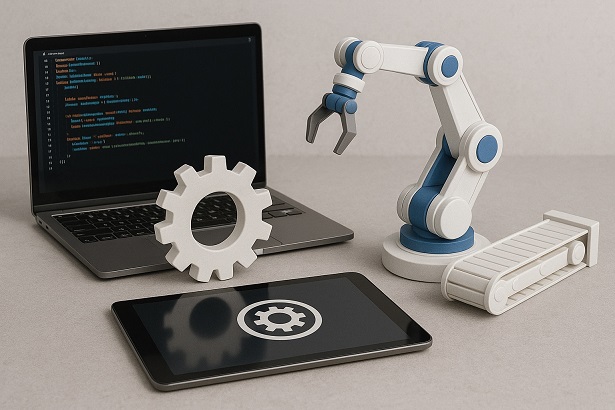 Technology & Automation (4)
Technology & Automation (4)
-
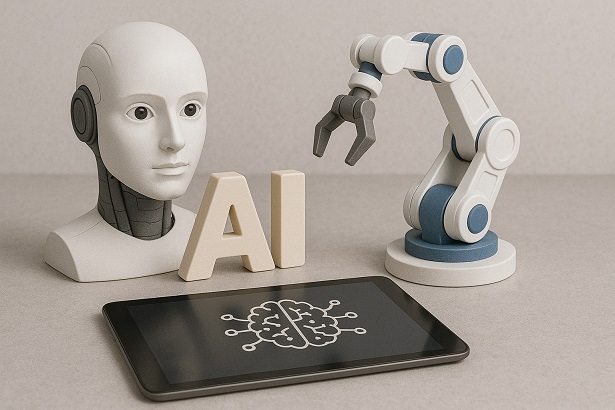 Robotics & Artificial (0)
Robotics & Artificial (0)
-
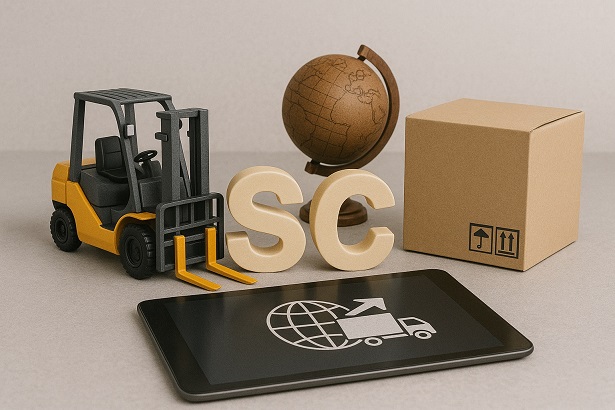 Logistics & Supply Chain (0)
Logistics & Supply Chain (0)
-
 Industrial Equipment & Tools (0)
Industrial Equipment & Tools (0)
-
 Investment & Partnerships (0)
Investment & Partnerships (0)
-
 Policies & Regulations (0)
Policies & Regulations (0)
-
 Featured Companies (0)
Featured Companies (0)
-
 Industry Faces (0)
Industry Faces (0)
-
 Factory Insider (5)
Factory Insider (5)
- Trang chủ
-
 News (4)
News (4)
-
 Mechanical & Machinery (4)
Mechanical & Machinery (4)
-
 Automotive & Transportation (4)
Automotive & Transportation (4)
-
 Electronics & High-Tech (0)
Electronics & High-Tech (0)
-
 Chemicals & Materials (2)
Chemicals & Materials (2)
-
 Textile & Footwear (2)
Textile & Footwear (2)
-
 Agriculture & Food (0)
Agriculture & Food (0)
-
 Mining & Metallurgy (0)
Mining & Metallurgy (0)
-
 Construction & Building Materials (4)
Construction & Building Materials (4)
-
 Environment & Sustainability (0)
Environment & Sustainability (0)
-
 Technology & Automation (4)
Technology & Automation (4)
-
 Robotics & Artificial (0)
Robotics & Artificial (0)
-
 Logistics & Supply Chain (0)
Logistics & Supply Chain (0)
-
 Industrial Equipment & Tools (0)
Industrial Equipment & Tools (0)
-
 Investment & Partnerships (0)
Investment & Partnerships (0)
-
 Policies & Regulations (0)
Policies & Regulations (0)
-
 Featured Companies (0)
Featured Companies (0)
-
 Industry Faces (0)
Industry Faces (0)
-
 Factory Insider (5)
Factory Insider (5)
- Tất cả danh mục (19)

